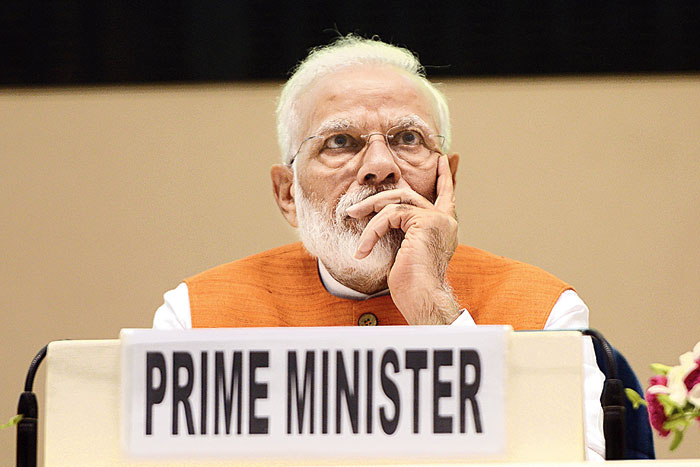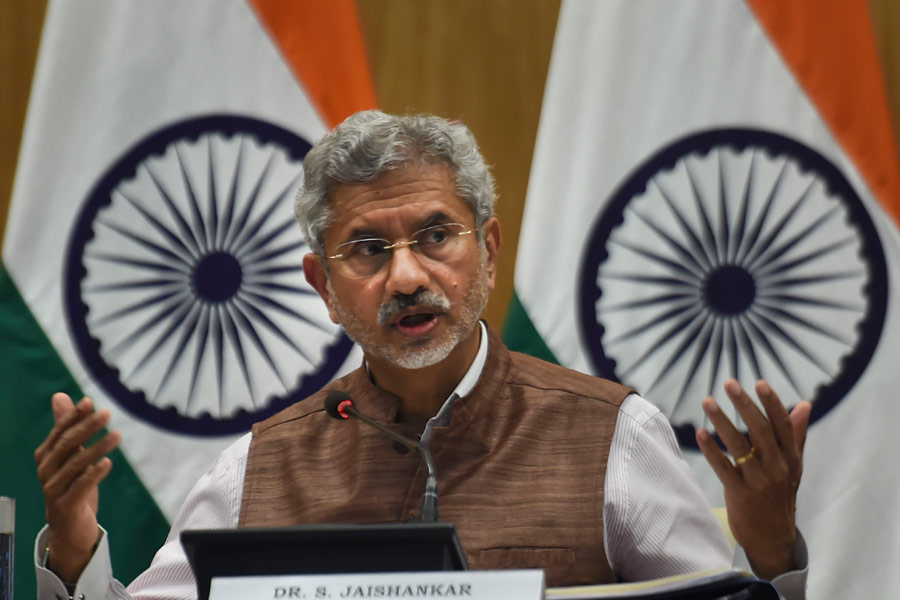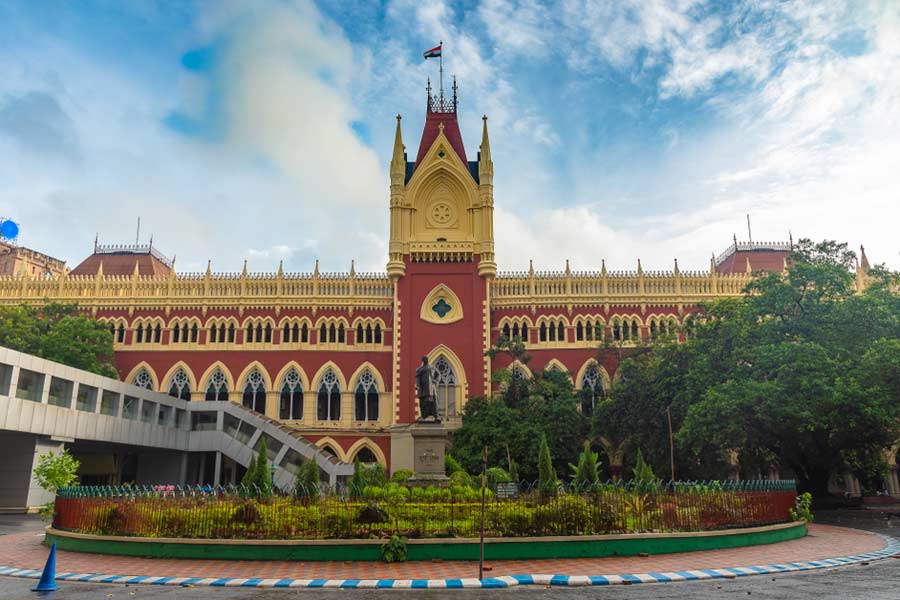The Indian economy is slowing down discernibly. Data released recently indicate that a number of organizations, including the International Monetary Fund, the World Bank, the Reserve Bank of India, the Organization for Economic Cooperation and Development, the Asian Development Bank along with significant rating agencies like Standard & Poor’s, Moody’s and Fitch, have all revised their forecasts for India’s economic growth for 2019-20. The revised forecasts are now hovering around 6 per cent, down from 7 per cent and above. One might claim that 6 per cent is not bad at all, given the situation of today’s world economy. There are indications that another global recession is round the corner. However, according to many experts, the slowdown in India’s economic growth is more serious than just a phenomenon related to the business cycle. There are fears that the slowdown might turn into a tailspin by gathering momentum. There are a number of reasons for this. Freshly released data on international trade show that both exports and imports have shrunk. Exports fell by 6.57 per cent and imports by 13.58 per cent compared to September 2018. The trade deficit has narrowed. But this cannot be a source of comfort since global demand is falling and so is domestic demand for imports. Other indicators reveal that unemployment is at a historically high level. Data on the informal sector are not fully available, but with large formal sectors like automobiles and consumer goods in a state of paralysis, the condition of the informal sector cannot be said to be healthy. The farm segment is in deep distress and the financial sector’s troubles are numerous. Business and consumer confidence is also low.
The confidence deficit may actually grow once the global recessionary trends become clearer. The export dip is an initial indication of the softening of global demand. This will slow down the economy further. Hence unemployment and economic distress would aggravate. There is a need for clarity on what ought to be done. Short-run demand creation is essential and it cannot be done by the easing of monetary policy alone. In the long run, pending structural reforms need to be tackled decisively and with wisdom. Gimmicks that lead to distraction will only hurt the economy. Unfortunately, the Central government has not shown the urgency or the clarity of thought that is demanded by the deteriorating situation. Sometimes bad economics can be good politics. But to keep depending on political diversions would be a risky gamble that the Narendra Modi government, in spite of its might, can ill afford.












